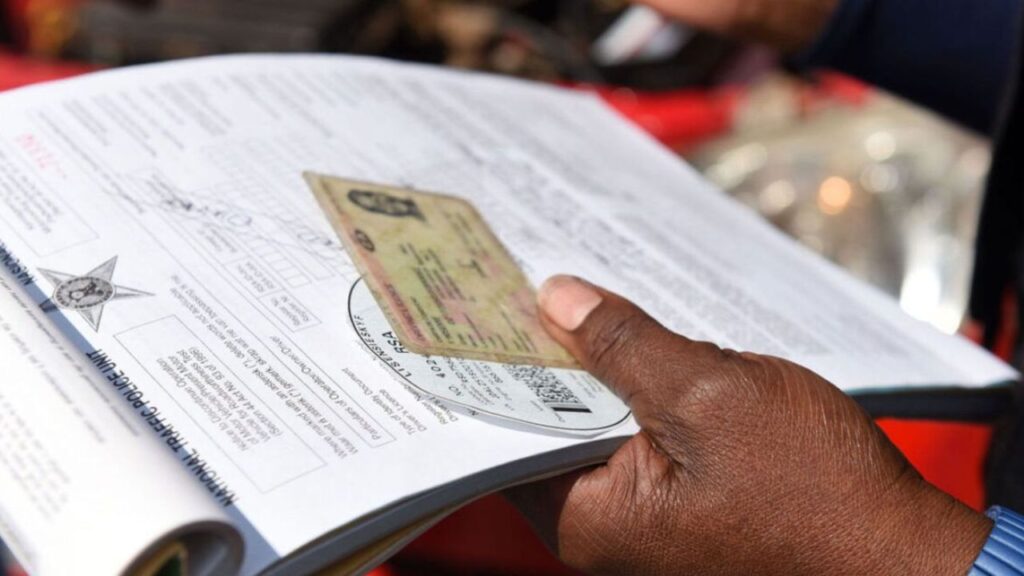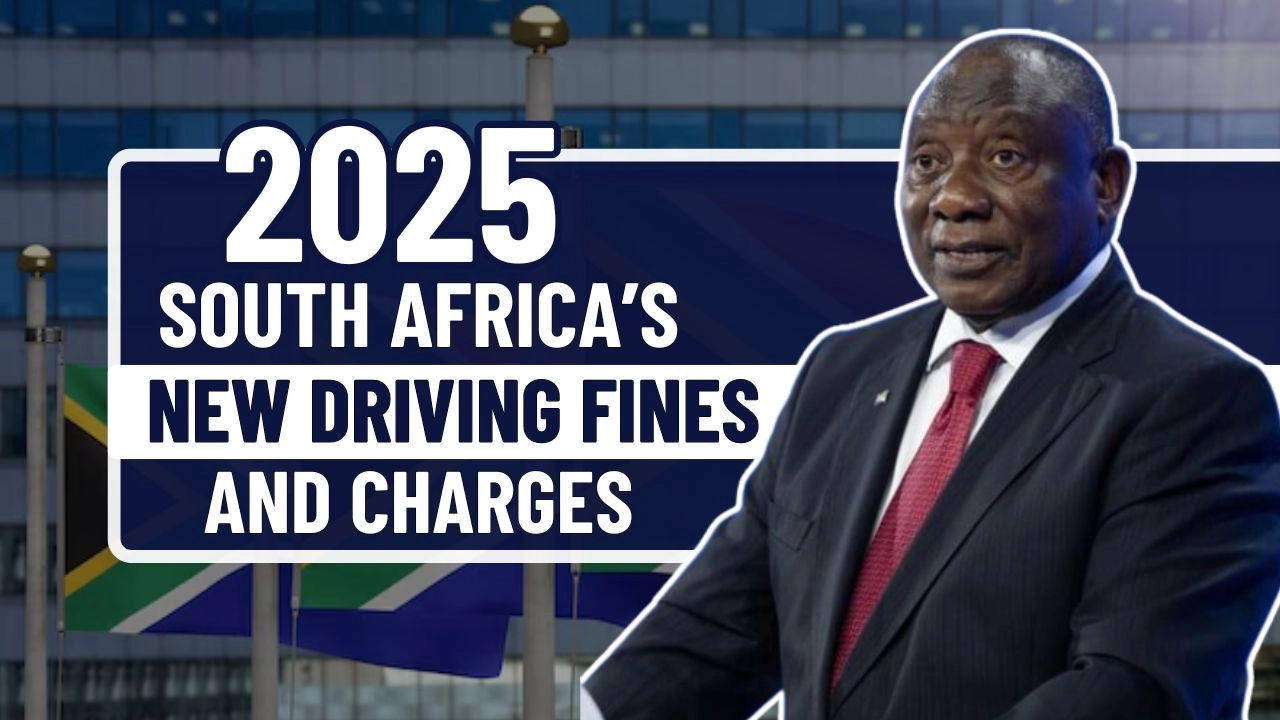As of May 2025, South Africa has taken decisive action to enhance road safety with a tougher approach to traffic violations under the newly enforced Administrative Adjudication of Road Traffic Offences (AARTO) system. The changes bring a modernized offence structure and revised fines designed to reduce fatalities, promote law-abiding behavior, and create a more disciplined driving environment nationwide. With the full activation of the points demerit system, drivers now face harsher consequences for repeated offences, including possible suspension or cancellation of their driving licences.
Unpacking the Nationwide Rollout of the AARTO Act
The AARTO Act, now officially implemented across all provinces, introduces a points-based structure to monitor and penalize driver behavior more closely. Under this system, drivers earn demerit points for each traffic offence committed. Accumulating 15 demerit points leads to an automatic licence suspension, lasting three months for every additional point over the limit. If a driver’s licence is suspended three times, it is permanently cancelled, demonstrating the government’s firm stance on habitual offenders.
Fines and Demerit Points You Need to Know for 2025
The updated penalty list highlights the financial and point-related consequences for various traffic offences. Minor speeding (1–10 km/h over the limit) attracts a R250 fine with no demerit points, while more severe speeding violations can lead to fines as high as R2,500 and up to six demerit points. Using a mobile phone while driving now results in a R1,000 fine and one demerit point, reflecting a growing emphasis on combating distracted driving. Other serious violations like overtaking on a solid line and ignoring traffic signals come with fines up to R2,000 and multiple demerit points.
Notable Shifts from Previous Traffic Regulations

Several significant changes distinguish the 2025 system from past practices. Using a mobile phone while driving, once seen as a lesser infraction, now carries steeper penalties. Speeding offences, especially those exceeding 40 km/h above the limit, have seen a marked increase in fine amounts. Driving without a valid or suspended licence has also been heavily penalized. Additionally, failure to comply with AARTO infringement notices can lead to additional administrative penalties, reinforcing the importance of timely action.
Enhanced Monitoring to Catch Violators Faster
South Africa’s authorities have ramped up enforcement methods by expanding the use of modern technology. Automated number plate recognition systems are now widespread, supplemented by speed cameras placed in high-risk urban and rural areas. Increased roadblocks and mobile patrol units, especially during night-time and holiday periods, allow for more real-time identification of offences. Most infringement notices are now issued electronically, and drivers can conveniently check their violation status through the AARTO online portal.
Streamlined Processes for Fine Payments and Appeals
In an effort to simplify compliance, fine payments can be completed online through the AARTO website or at authorized banks. Drivers who pay their fines within 32 days benefit from reduced penalties, while those who delay beyond this period must pay the full amount. The appeal process has been structured to be more accessible, with applications needing to be lodged within 32 days of receiving a notice. This streamlined process encourages drivers to take responsibility promptly and avoid escalating penalties.
The Serious Consequences of Accumulating Demerit Points
Accumulating 15 demerit points now triggers a licence suspension, with each additional point adding a further three months of suspension. After three suspensions, a driver’s licence is cancelled, requiring the individual to complete a rehabilitation program before applying for a new licence. This long-term corrective approach aims to instill safer driving habits over time, rather than merely punishing short-term infractions.
Broad Road Safety Initiatives Supporting the New System
Complementing the updated legal framework, South Africa has introduced broader measures to promote safer roads. Defensive driving courses are now compulsory for professional drivers, helping them enhance their skills and awareness. Nationwide public awareness campaigns are being run to educate all road users on the importance of compliance. Furthermore, insurance companies are beginning to factor driving records into premium calculations, meaning frequent offenders may face significantly higher insurance costs.
Building a Safer Future on South Africa’s Roads
The full enforcement of the AARTO system marks a major step forward in South Africa’s efforts to promote responsible driving. With stricter penalties, enhanced monitoring, and supportive educational initiatives, the country is working toward drastically reducing road accidents and fatalities. Staying informed about these changes is crucial, as compliance is not just a legal duty it is a commitment to building safer roads for every South African.


